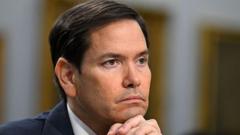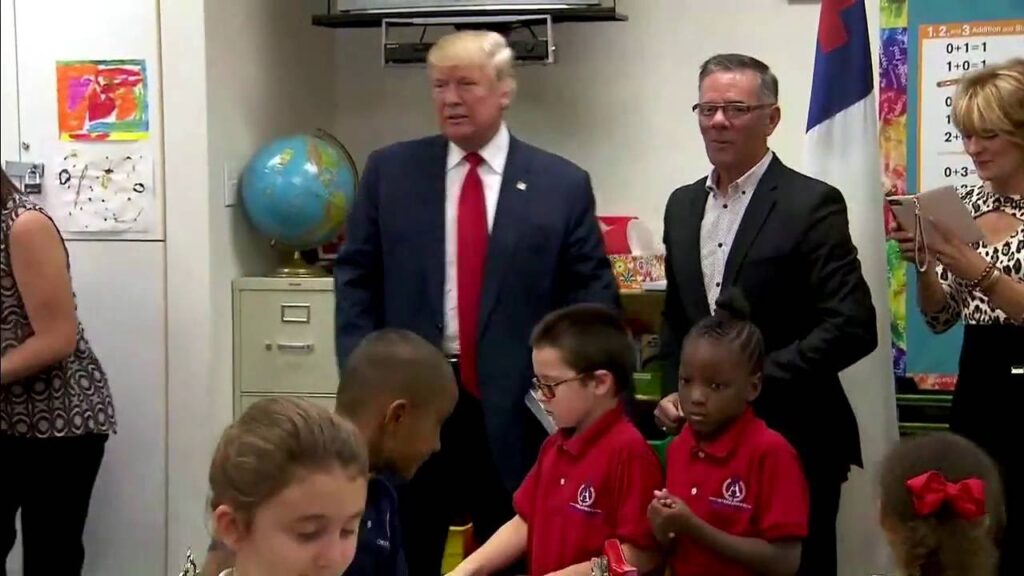In a significant move, the Trump administration has directed embassies to halt the scheduling of student visa appointments, citing the need for enhanced social media vetting for foreign students. A memo from Secretary of State Marco Rubio indicated that this pause is effective "until further guidance is issued." This shift underscores an escalating tension between the administration and various elite universities, which Trump claims harbor left-leaning ideologies and practices, including accusations of antisemitism and biased admissions policies.
The communication, reportedly acquired by CBS News, instructs embassies to clear any unfilled visa appointment slots from their systems, but allows those with existing appointments to proceed. Furthermore, the memo hinted at comprehensive expansions to social media screening protocols that will now apply to all student visa applications—an initiative that could notably affect embassies and consulates worldwide.
The aim appears to be tightening the vetting process for foreign students who contribute much-needed finances to American institutions through significantly higher tuition fees. State Department spokesperson, Tammy Bruce, emphasized the administration's commitment to thorough vetting procedures during a press briefing, highlighting the seriousness of the initiative as part of current national security measures.
This new direction coincides with the Trump administration's existing initiatives to withhold substantial funding from several universities and the deportation of certain international students while also revoking thousands of visas. Some of these efforts have faced judicial challenges.
The administration has criticized specific universities for allegedly fostering pro-Palestinian activism that veers into antisemitism. In response, academic institutions have accused the administration of encroaching on free speech rights.
Harvard University, in particular, has drawn the administration's ire, with measures recently taken that inhibit the enrollment of international students and hosting foreign researchers, although these were temporarily blocked by a federal court ruling. Such actions, if fully implemented, could have a catastrophic impact on Harvard, where one in four students are international.
This ongoing conflict reignites discussions about the implications of immigration policy and academic freedom in the U.S.
The communication, reportedly acquired by CBS News, instructs embassies to clear any unfilled visa appointment slots from their systems, but allows those with existing appointments to proceed. Furthermore, the memo hinted at comprehensive expansions to social media screening protocols that will now apply to all student visa applications—an initiative that could notably affect embassies and consulates worldwide.
The aim appears to be tightening the vetting process for foreign students who contribute much-needed finances to American institutions through significantly higher tuition fees. State Department spokesperson, Tammy Bruce, emphasized the administration's commitment to thorough vetting procedures during a press briefing, highlighting the seriousness of the initiative as part of current national security measures.
This new direction coincides with the Trump administration's existing initiatives to withhold substantial funding from several universities and the deportation of certain international students while also revoking thousands of visas. Some of these efforts have faced judicial challenges.
The administration has criticized specific universities for allegedly fostering pro-Palestinian activism that veers into antisemitism. In response, academic institutions have accused the administration of encroaching on free speech rights.
Harvard University, in particular, has drawn the administration's ire, with measures recently taken that inhibit the enrollment of international students and hosting foreign researchers, although these were temporarily blocked by a federal court ruling. Such actions, if fully implemented, could have a catastrophic impact on Harvard, where one in four students are international.
This ongoing conflict reignites discussions about the implications of immigration policy and academic freedom in the U.S.




















